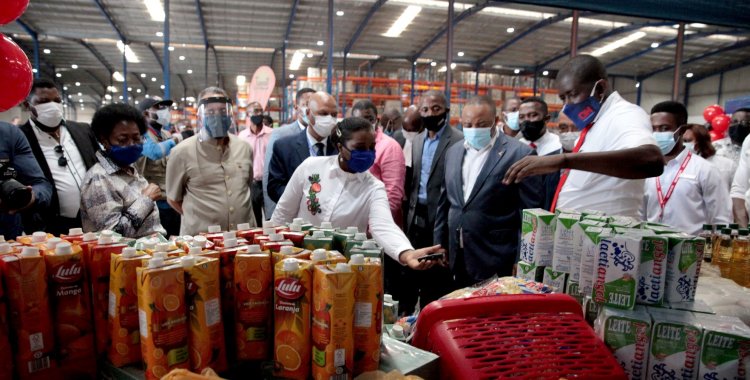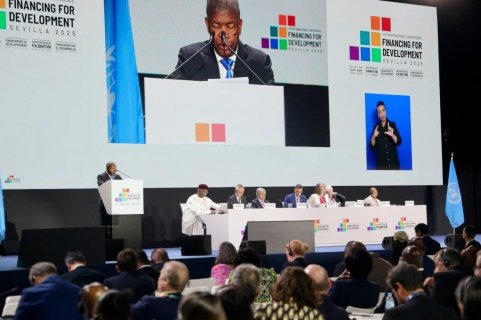José Severino underlined, in statements to the Lusa agency, the impact on oil, with the vertiginous rise in prices, and on fuels, on which Angola is still dependent on abroad at around 65 percent.
"The Government will also be under pressure, which is what is happening in the economies. Energy, traction of trucks, navigation, all this will raise prices, undoubtedly yes, and the goods to reach the consumer have costs of transport, which are extremely high", he stressed.
According to José Severino, even if the Government maintains the fuel subsidy, the General State Budget will remain "in a very complex situation".
"We have the issue of our external dependence on raw materials for industry and inputs for agriculture, for example fertilizers. Fortunately, there are fertilizer stocks, but that is not enough", he stressed.
José Severino recalled that Russia is the biggest supplier of fertilizers, as well as Ukraine, but today he is directing this product only to a few markets that showed solidarity with Moscow after the invasion of Ukraine "and prices will rise".
"The price of oil goes up, fuels, fertilizers, all this comes back and then has repercussions on what are the raw materials, which is our case, as in agricultural production, which, unfortunately, we depend on due to inattention in periods prior to this legislature, that we would have to use our natural resources, our competitive advantages to have today almost self-sufficiency in corn, above all, but also in beans and oilseeds, such as soybeans, in order to have refining", he said.
The association leader said that the Government will subsidize bread, which "is not easy, because there is a fuel subsidy".
"Because if you don't subsidize fuel or reduce it, transport becomes much more expensive and there's also the reflection on bread and everything we eat," he said.
"We were unaware of this situation until 2015, 2016, 2017, it was the 'petrodollar-mania' that imposed itself and today we are going to pay dearly, but it gives us opportunities, for example, cassava (...) nutrition, not itself, but transformed", he added.
José Severino praised the anticipation made by the Government with the reduction of customs fees on some products and the halving, from 14 to 7 percent, of the Value Added Tax (VAT), however, he defended the need for a more pragmatic attitude to national production.







